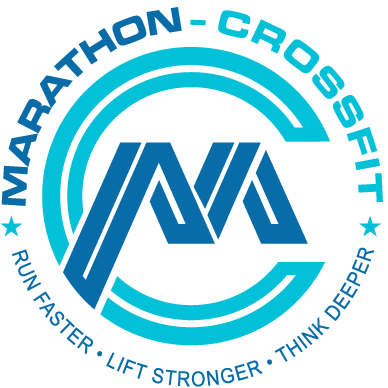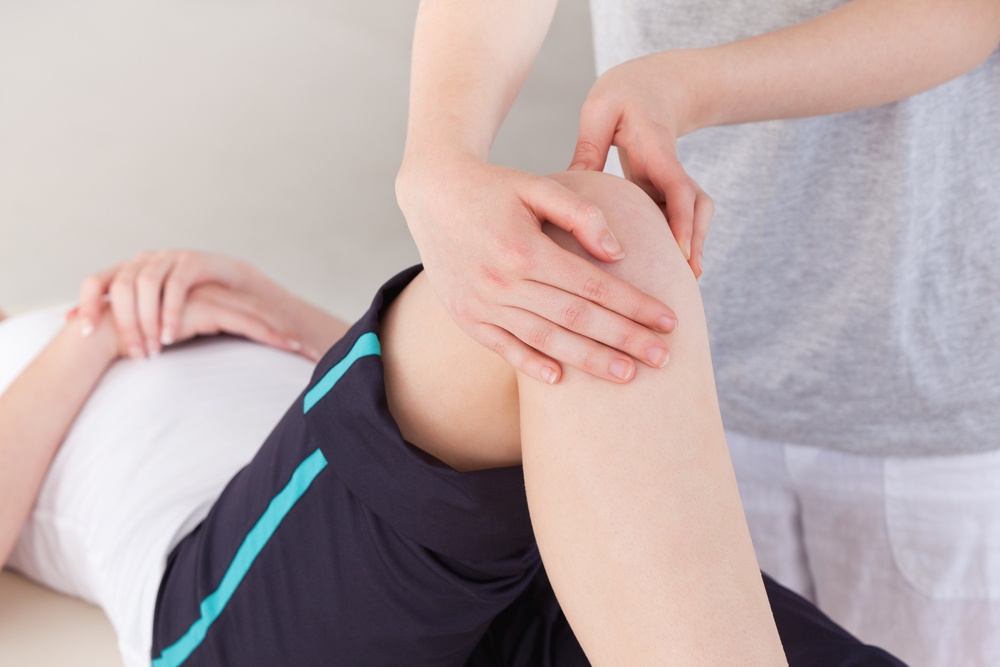What Does Recovery From Anabolic Steroid Abuse Look Like?
Many members of the weightlifting and fitness communities recognize the terms roids, juice and gear as slang for anabolic-androgenic steroids, or synthetic versions of testosterone, a hormone produced in the male body. However, few realize that steroid misuse can seriously damage a person’s physical and mental health, sometimes permanently.
The Dangers of Anabolic Steroid Misuse
For non-athlete bodybuilders, misusing steroids for the sake of a more muscular physique or increased athletic performance can have severe repercussions. While anabolic steroids are incapable of producing a euphoric high, they can be abused in ways similar to the misuse of prescription and illicit drugs, and this can lead to physical dependence. Anabolic steroids can boost someone’s physical strength and their ego, but these performance-enhancing substances can also raise a person’s risk of a heart attack, viral hepatitis (if steroids are injected), liver damage and kidney failure.
Anabolic steroids don’t just affect the body. Mood disorders and behavioral problems are common side effects with the misuse of these synthetic hormones. People who are dependent on steroids may look, feel and behave differently than they normally do. More seriously, the abuse of anabolic steroids can lead to the development of depression and can exacerbate pre-existing body-image issues like muscle dysmorphia.
Recovery from Anabolic Steroid Misuse
Because steroids can affect the body and the mind, treatment for anabolic steroid dependence must address the physical side effects and mental issues caused by this kind of substance abuse.
Physical Healing
To overcome steroid misuse, someone must first detox, or cleanse their body of all traces of anabolic steroids. This can be done at home, which can be dangerous and is not recommended, or with the supervision of a doctor at a detox clinic or rehab center. In either environment, someone can taper their steroid use slowly, to the point where none of the substance is left in their body. However, this process cannot be rushed, as a rapid detox from steroids can damage the endocrine system.
The detox process is the first and most important part of treatment for anabolic steroid misuse, but it can be physically draining. During this initial phase of healing, if someone seeks medical attention, they may receive nutritional therapy or clinical assistance to soothe steroid detox symptoms like:
- Little to no appetite
- Extreme lethargy
- Headaches
- Restlessness
- Sleeping difficulties
In addition to detox care, someone may need hormonal therapy to physically heal from steroid misuse. Steroids disrupt the body’s natural hormone production cycle, which can result in hormonal dysfunction. Baldness and the development of breasts in men are examples of irreversible hormone-related dysfunction caused by anabolic steroids. However, hormonal therapy can address steroid side effects including low testosterone levels, testicular atrophy and hypogonadism (decreased functioning of testes).
Mental Healing
People who misuse steroids may experience mood-related issues like paranoia, delusions, impaired judgment, extreme irritability and “roid rage,” or anger that is difficult to control. However, these feelings may be symptomatic of more serious issues that require professional therapy to heal from.
Counseling and behavioral therapy can address the mental health issues that accompany the misuse of anabolic steroids. Through individual sessions with a licensed mental health counselor, a person can work through common psychological symptoms of steroid misuse, including:
- Depression: One of the most common psychiatric side effects of anabolic steroid misuse is depression. For people who are dependent on anabolic steroids, this mental health condition can arise out of hypogonadism, but it can also develop in tandem with body-image issues and other mental illnesses like anxiety. However someone’s depression formed, all forms of depression can be treated through psychotherapy or one-on-one counseling with a therapist. With the approval of a medical professional, medication therapy with antidepressants can also be beneficial in managing depression.
- Muscle dysmorphia: This condition is essential a body-image disorder. People who have muscle dysmorphia believe that they are physically weak, small and undesirable, and may become fixated on becoming extremely muscular. Studies show that these individuals often misuse anabolic steroids and become dependent on them due to their anabolic effects, or their ability to grow skeletal muscle quickly. Psychological counseling, like talk therapy and cognitive behavioral therapy, can help someone heal from muscle dysmorphia effectively.
- Suicidal thoughts: Although not frequently reported, suicidal ideation can be associated with steroid misuse, and is by far the most serious side effect of anabolic steroid abuse. Suicidal thoughts can arise out of an untreated mental illness like depression, and a self-loathing attitude (accompanying muscle dysmorphia) may make someone more vulnerable to suicidal ideation. Counseling can help a person develop coping mechanisms for suicidal tendencies, but in cases where someone has a plan or the means to end their life, immediate intervention from a loved one is necessary.
How to Get Help for Anabolic Steroid Misuse
If you worry that you can’t stop using anabolic steroids, real help is available. As a first step, talk to your doctor about your symptoms. They can assess your physical and mental well-being and recommend options for hormone therapy, medication assistance and nutritional guidance, if necessary. Additionally, if you face a mental health condition like depression or a body image disorder like muscle dysmorphia, your primary care physician may be able to recommend affordable counseling options in your area.
In addition to speaking with your doctor, don’t be afraid to talk to people at your gym or fitness center, especially your workout partner or a personal trainer. You’re not alone in your struggles, and anabolic steroid misuse is a common issue in the weightlifting and fitness communities. Someone you know at the gym may have struggled with steroid abuse in the past and can give you valuable insight into treatment methods that work.
Most importantly, know that it’s alright to speak up about steroid misuse. It’s better to get help than to suffer in silence, especially with anabolic steroid misuse, as this can damage your health permanently. Don’t be afraid to talk to people you trust, including your doctor, about your struggles. The people who care about you — family, friends, coworkers, workout partners, personal trainers — want to see you stay healthy and well and can support your decision to ask for, and receive, the kind of treatment you deserve.


